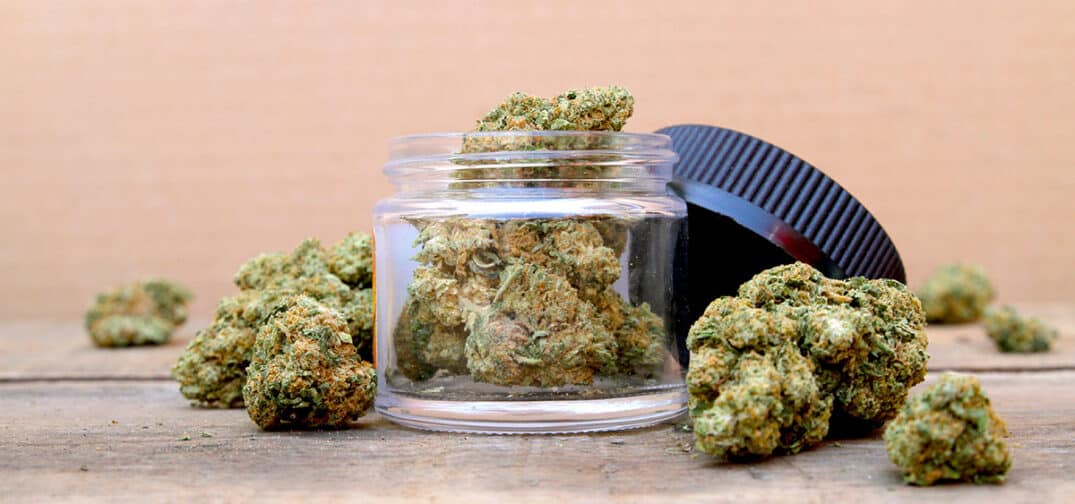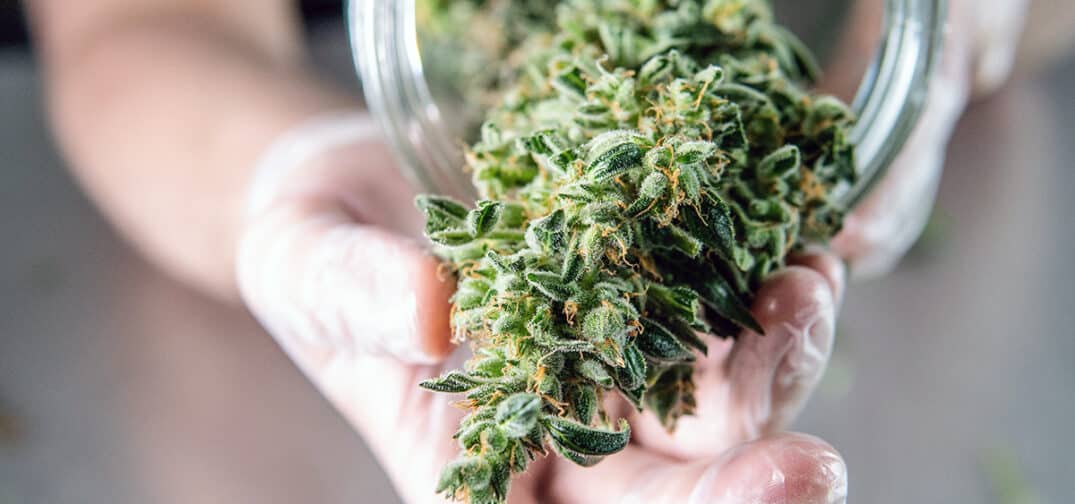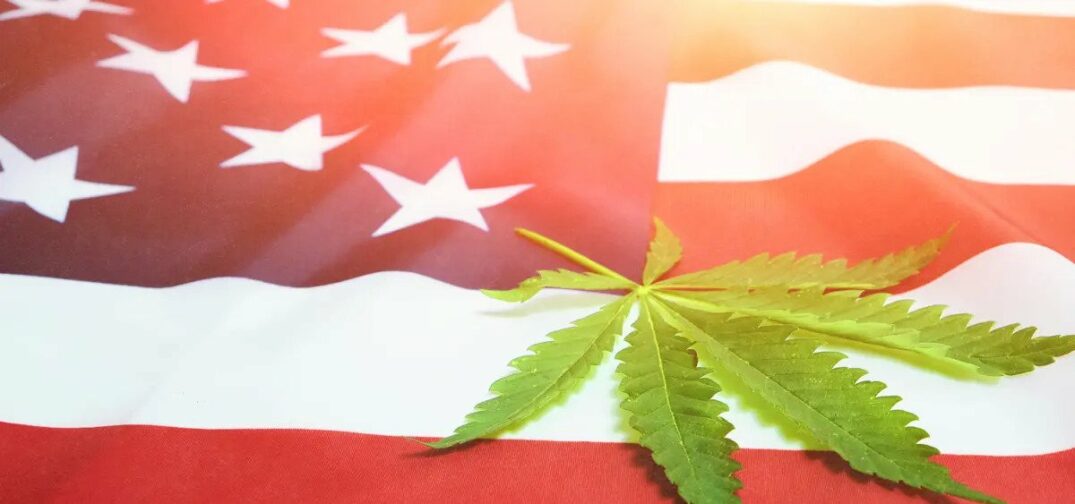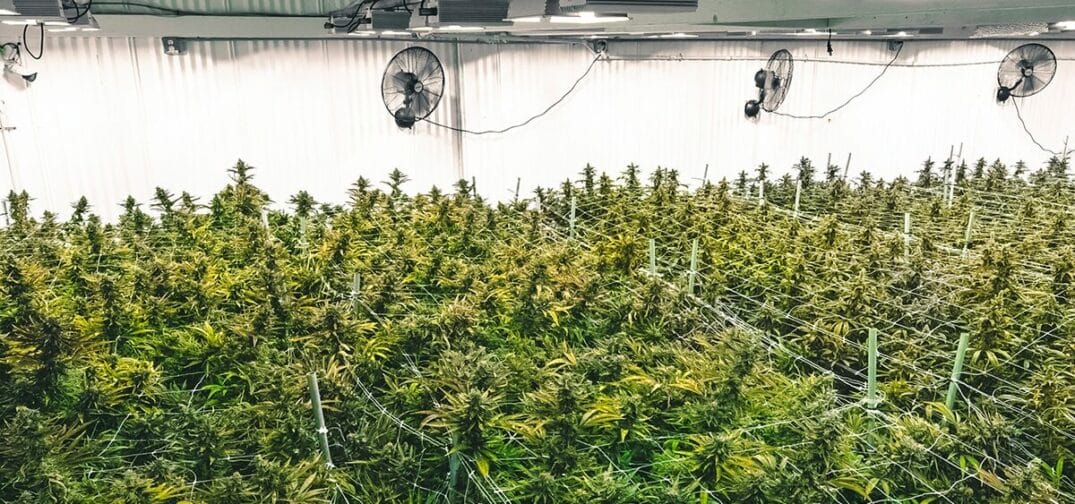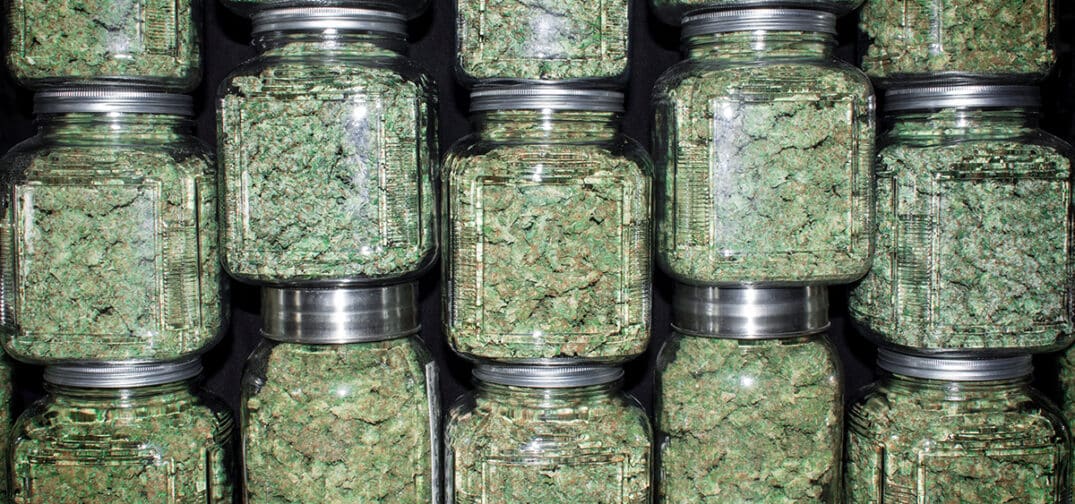RAW Rolling Papers has donated $100,000 to the JUSTÜS Foundation, a nonprofit that facilitates the entry of legacy cannabis operators into the legal market. The donation, part of the RAW Seeds Fellowship grants, will be awarded to three legacy operators who were negatively impacted by the justice system due to cannabis laws.
To be eligible to apply for the fellowship, a legacy operator is defined as, “An individual who commercialized cannabis for the majority of their income, or sacramentally or ceremonially distributed cannabis, outside of the legal framework, during the period of prohibition, predating legalization by 5 years.” The three grants will be up to $20,000 per awardee and will be used to start legal cannabis businesses.
The JUSTÜS Foundation is committed to helping legacy cannabis operators transition into the legal cannabis market. The foundation’s educational programs include: “The Woman Warrior Initiative,” “Safe Smoke Sesh Series,” “Octogacy,” “Mental Health First “The Revolutionary Cannabis Series,” “Cannabis Accounting Roundtables,” and “JUSTÜS JUMP Ins.”
In a statement, RAW founder Josh Kesselman, said the company takes “great pride in supporting and empowering the pioneers who laid the foundation of this industry.”
“As the industry undergoes a significant transformation, emerging from the shadows and embracing legality, it is crucial that those who built it from the ground up are the beneficiaries, along with the communities they come from. While major companies are rushing to take advantage of new laws legalizing cannabis, we need to support the small entrepreneurs who are the true lifeblood of this industry.” — Kesselman in a press release
Scheril Murray Powell, JUSTÜS Foundation COO, described the organization as “in the barrier removal business.”
“Legacy integration is the fast track to diversifying the legal cannabis market. By giving legacy cannabis operators the tools and resources needed to succeed, we contribute to the creation of a robust, compliant, inclusive, and high performing industry which provides health and wellness to society,” Powell said in a statement. “By empowering these undervalued cannabis business executives, we propel them to the front lines of the health equity movement and the creation of economic growth for jurisdictions around the world. The JUSTÜS Foundation outreach and support of underserved communities such as Rastafari community, social equity participants, and legacy operators is unprecedented.”
Also included in the program, up to $15,000 may be awarded in smaller grants to multiple legacy operators. This grant will also be used to launch legal cannabis businesses, or to facilitate a career in the legal cannabis industry.
Steve DeAngelo, founder of The JUSTÜS Foundation, added that “The men and women who carried cannabis through the dark years of prohibition should be treated like heroes – not criminals.”
“Instead of being excluded from the legal cannabis industry, legacy operators should be warmly welcomed into it. They should be honored as the brave pioneers and accomplished experts they truly are, not ostracized or excluded because they have been convicted for breaking unjust laws that should never have been passed,” he said in a statement. “These grants will help return opportunities to legacy cannabis entrepreneurs that shouldn’t have been taken away from them in the first place. We look forward to seeing our grant recipients thrive and rise, to become leaders of the industry, and to inspire and assist other members of the legacy community to follow their example. Together, we will build a cannabis industry we can truly be proud of.”
The grant window opened August 1. Those eligible can apply through August 31 at RawJustus.com.








